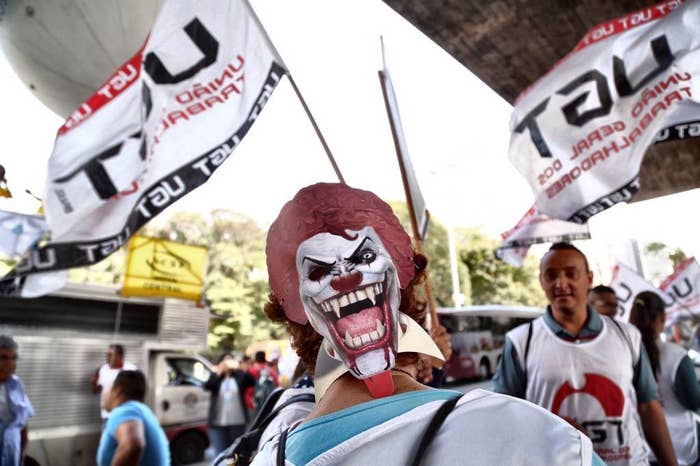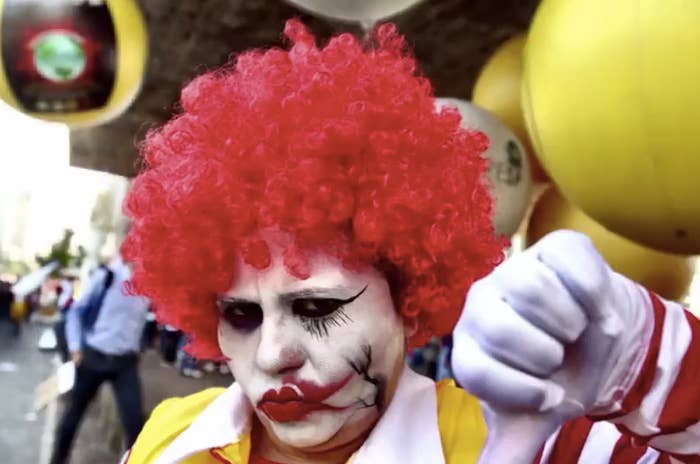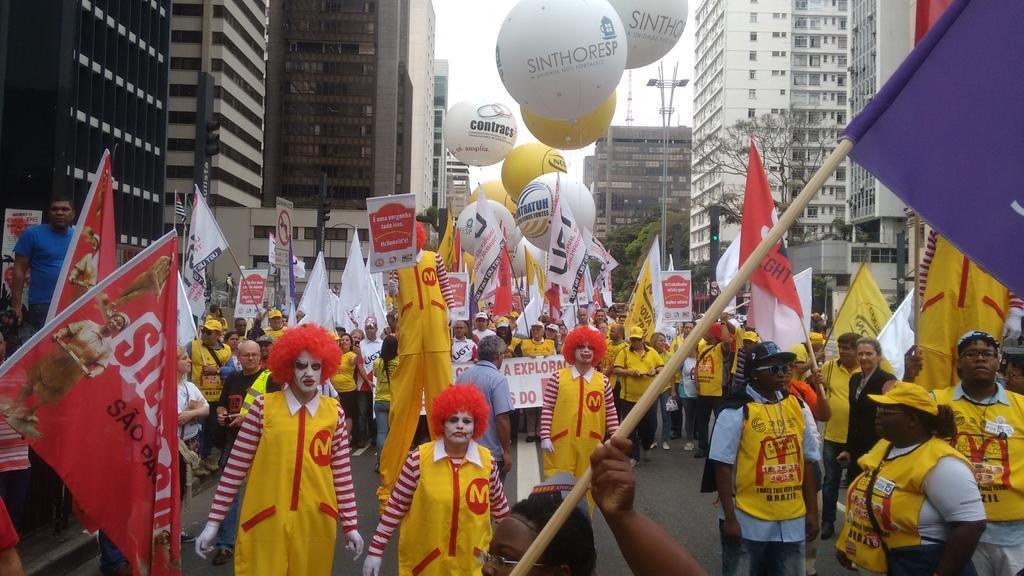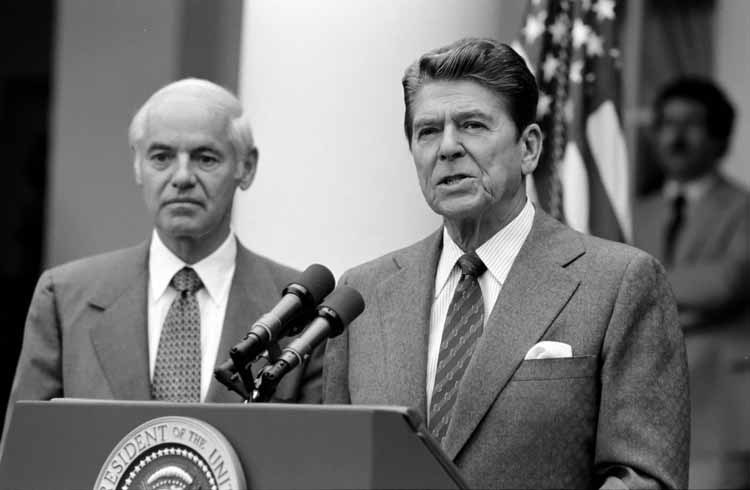
Scott Courtney has spent the better part of the past three years working, mainly behind closed doors, on what has become one of the highest profile labor campaigns in recent memory.
As a strategist and organizer with the Service Employees International Union, Courtney's work is by nature meant to take place behind the scenes. Organizers aren't the story, they explain time and again — workers are.
But on Thursday, at a senate hearing in Brazil called for by a coalition of trade unions, Courtney testified publicly for the first time against McDonald's, the fast food behemoth he has devoted so much time and energy to battling. As one of the masterminds of the Fight for 15 campaign to raise pay for low wage workers, Courtney may be as authoritative as any non-employee can be about how the company is seen by the people flipping its burgers and running its cash registers.
And today, in the Brazilian senate, he called the brand's business model a version of "cannibal capitalism," a business model "based on eating their own."

Workers, officials, and labor leaders from more than 20 countries attended the Brazilian Federal Senate hearing Thursday morning, many of them flown there by the SEIU. The union is moving to internationalize its approach to McDonald's, which is struggling to grow sales in the United States but is performing better in many overseas markets, including Latin America.
At the hearing, Brazilian members of Congress Carlos Zarattini and Mendes Thame called for a Parliamentary Commission of Inquiry – the country's highest-level probe – to investigate financial practices and working conditions at McDonald's. Brazilian Labor Prosecutor Leonardo Mendoca also announced the formation of a task force to investigate allegations of labor law violations.
"I am ecstatic about the outcomes. We more than accomplished everything we hoped for," Courtney told BuzzFeed News. "At the end of the hearing, the Senator who convened the hearing asked if we would be willing to attend a meeting with McDonald's to discuss their global issues with the unions. We would happily meet them, wherever, whenever."
In addition to prompting this new level of scrutiny, the event was a spectacle designed to call media attention to McDonald's global practices, as part of the SEIU's ongoing pressure campaign.
Arcos Dorados ("Golden Arches," in English), the McDonald's franchisee in Brazil and across Latin America, defended the company's treatment of workers. "Every month we offer more than 2,000 young Brazilians a chance to start their first job, with training, medical coverage, and opportunities for teamwork," the company said in a statement, "just as we have for more than 1.5 million Brazilians since we opened our first restaurant."
McDonald's employees in Brazil are unionized, Arcos Dorados said, "and receive pay and benefits in accordance with collective agreements reached by the 80 unions that represent them in the country."

In his testimony, Courtney said that by paying workers as little as legally possible, the company "drives down wages in their industry, for the whole service sector, and the whole economy," which eventually "pushes costs onto the rest of us."
The line was similar to one pushed by New York Governor Andrew Cuomo in May, when he called for his state to "get out of the hamburger business" by requiring businesses to pay living wages, rather than having workers rely on public assistance such as food stamps and Medicaid. Since then, a government wage board has recommended pay for fast food workers rise to $15 an hour, although the recommendation has yet to be implemented.
Courtney's testimony emphasized the human costs of minimum wage work, with stories of cooks and cashiers walking miles to their jobs because they can't afford public transport, or selling plasma to blood banks to support themselves when they can't make rent.
"And McDonald's had the audacity to tell them to take a second job to make ends meet, to go on food stamps if they were hungry and to sing if they were stressed out," he said.

"Our air traffic controllers moment"
While the public image of the Fight For 15 campaign is of worker-led street protests, it is also an attempt by one of the powerhouses of the union movement to revive interest in organized labor, which has been in decline for decades. Courtney's testimony made explicit the way his union sees the campaign.
"Holding McDonald's accountable is our air traffic controllers moment — our chance to reverse a steady decline for workers that started when President Reagan fired 11,000 striking air traffic controllers, undermining the bargaining power of workers for decades," he said.
Reagan's 1981 decision to fire striking workers rather than negotiate with them is widely seen as a turning point in the power of organized labor, which has steadily weakened ever since.
Pointing out that labor's cornerstone victories mainly happened at least a generation ago, in the 1940's and 50's in the private sector and the 1960's in the public sector, Courtney noted that "most of us have simply never seen a large-scale breakthrough for workers in our lifetimes."
For the SEIU then, that's what the minimum wage movement represents. "A victory at McDonald's and other major fast-food corporations," Courtney said, "will restore expectations that it's possible to make things better."
